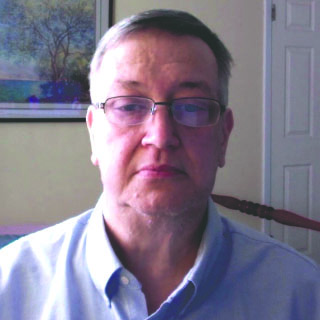329
Living as we do in a small town, we rarely experience visits by national celebrities or political figures. Because of this the times such a person comes to Minden become etched in the memory of those who are present and see or meet the famous person.
That’s what I love about Sunday
previous post




